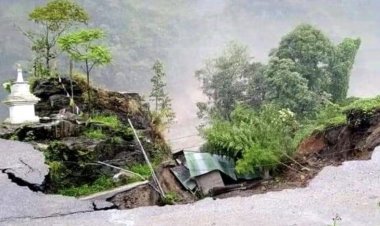About 30 people die due to drowning every hour in the world; WHO made appeal to Southeast Asian countries
WHO: WHO has expressed concern over drowning incidents in Southeast Asian countries and has appealed to take concrete measures. According to the report, 39 people are dying due to drowning every hour around the world.
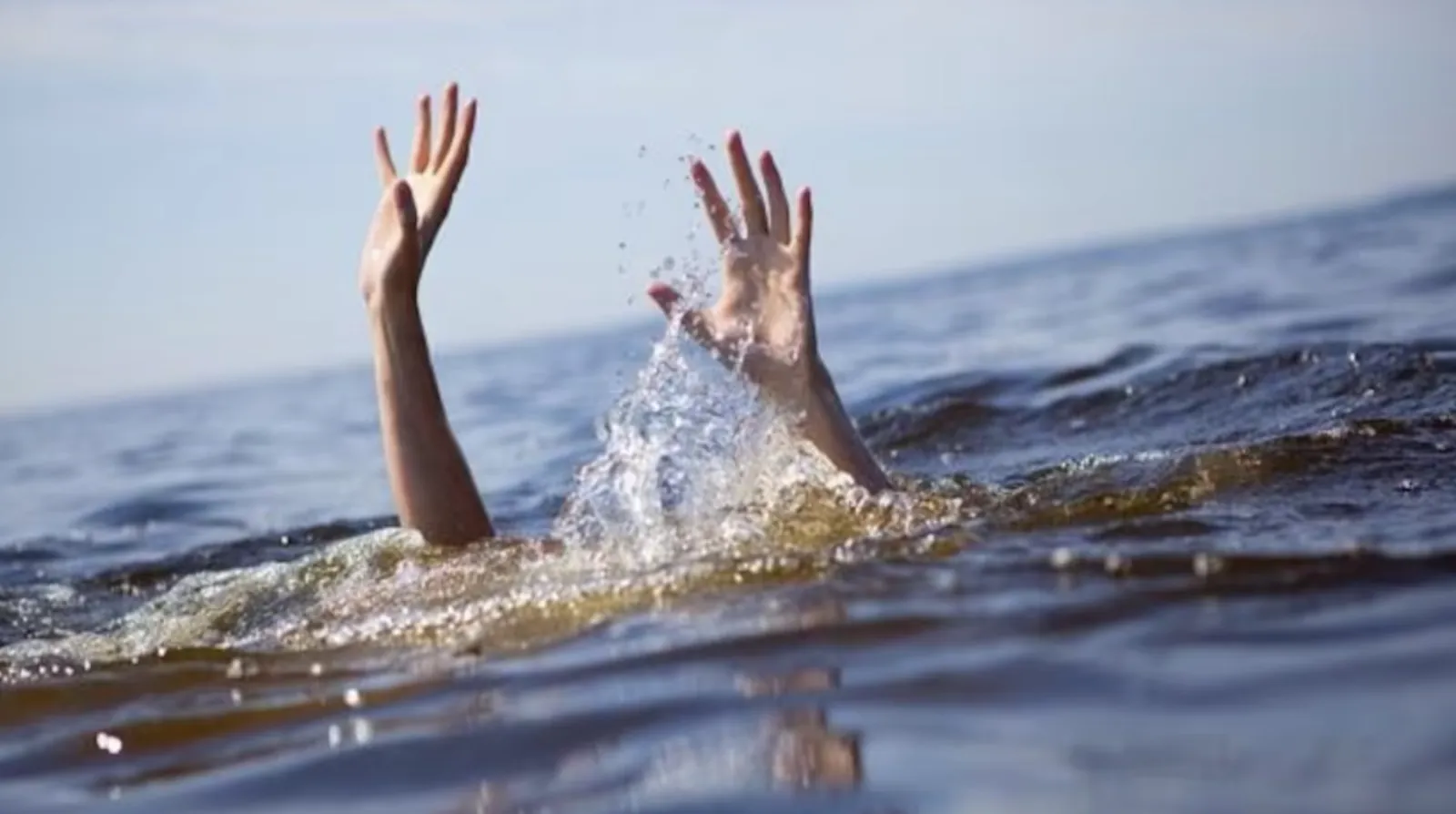
The World Health Organization (WHO) urged to Southeast Asian countries to further strengthen their measures to prevent drowning incidents. These drowning incidents especially affect children and vulnerable people. According to the WHO's 'First Global Status Report', 83,000 people died due to drowning in Southeast Asian countries in 2021, which was 28 percent of global drowning cases. About 30 people are dying due to drowning every hour around the world.
The report added that in Southeast Asia, an estimated 43 percent of drowning deaths were children aged 14 years or younger. According to WHO, drowning is the third leading cause of death for children aged 5 to 14 years and the fourth leading cause of death for children aged 1 to 4 years. Saima Wazed, regional director for WHO Southeast Asia, added, "It is not only a necessity but a moral obligation and a commitment to save lives and ensure equal protection for all by implementing effective measures to prevent drowning incidents in the region."
Factors such as poverty, lack of safety measures, and poor infrastructure have contributed to the burden of drowning, particularly in low- and middle-income countries. In addition, children are most susceptible because of a lack of supervision, swimming skills, or water life-saving skills. They added that children with disabilities face greater difficulties in recognizing and responding to water hazards.
WHO said that most countries in South-East Asia have developed comprehensive strategies to prevent drowning incidents. But more work is needed. The report also said that laws making it compulsory to wear life jackets, building barricades around water hazards and enforcing safe boating rules can prevent drowning incidents. But these rules are not being followed properly in many countries. Wazed also said that climate change, socio-economic inequalities and lack of awareness around water may further increase drowning incidents.
For Latest News update Subscribe to Sangri Today's Broadcast channels on Google News | Telegram | WhatsApp

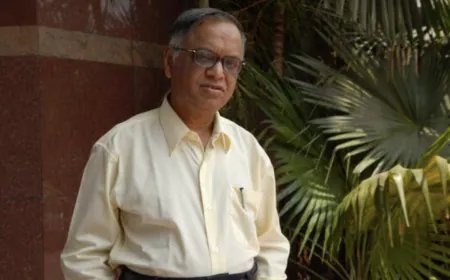



































.jpeg)






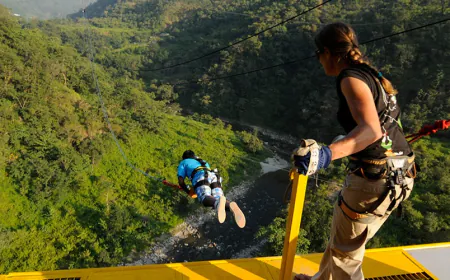





































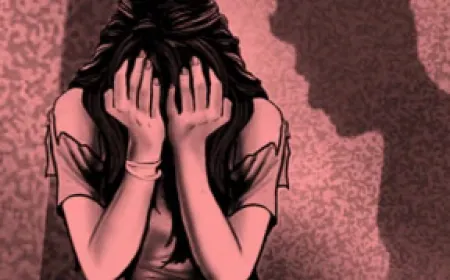

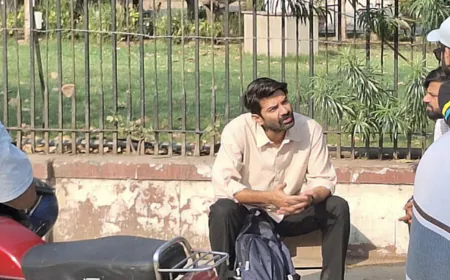











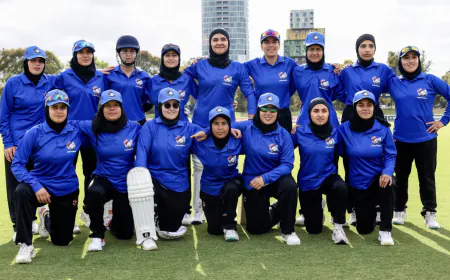




















.jpeg)



